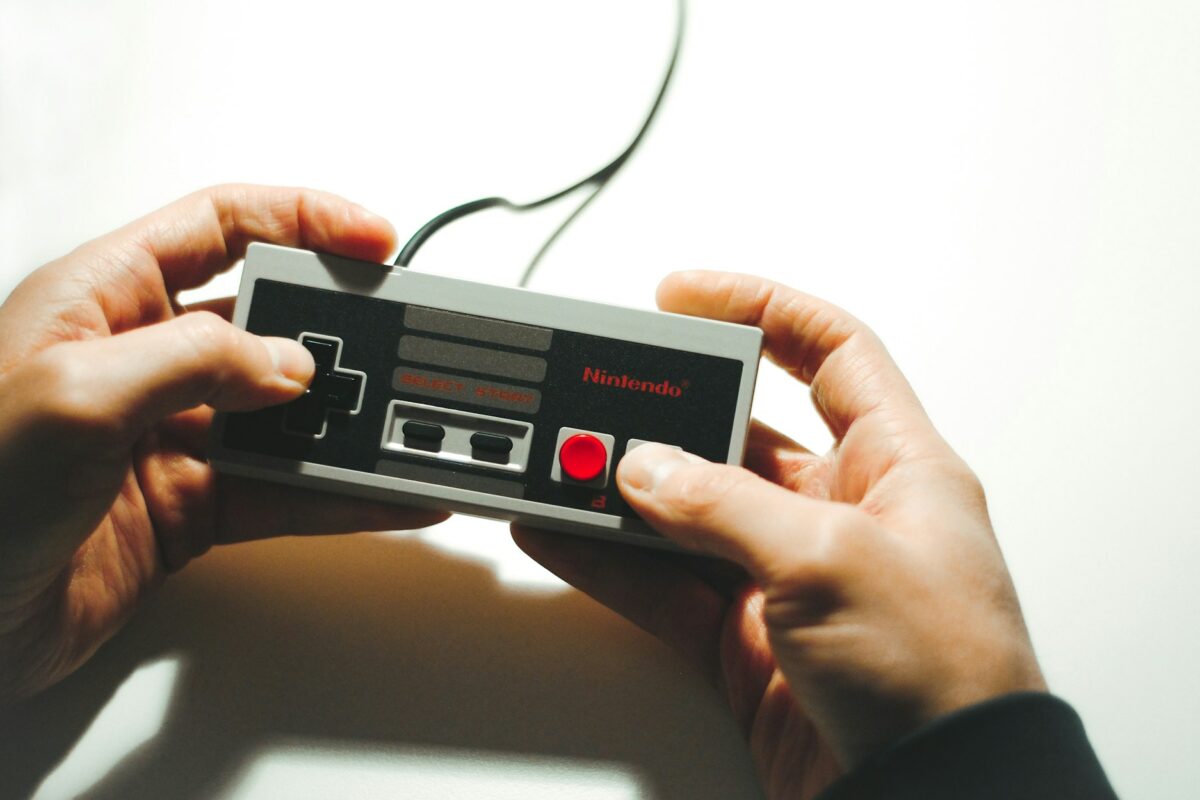Nike isn’t the only Oregon-based brand making headlines about their activist-themed marketing campaigns these days. Another, much smaller athletic-wear company from Oregon, called Dhavani, says it is taking a stand against President Trump’s efforts to block federal funding to Planned Parenthood and other clinics and has created a shocking campaign including outdoor placements in Times Square. The basic idea of the campaign is to ‘put a gag order on [Trump]’ and depicts the President being hog-tied in front of the White House.
Speaking to the Washington Post, Dhavani’s chief executive Avi Brown says the idea began with “a lightning bolt of inspiration” over the summer with the billboard showing a Trump impersonator being tied up by model Michal Mesa, a Marine Corps veteran and middle school teacher.
Brown says symbolism figures heavily in the photo with a red, white and blue rope inspired by Wonder Woman’s “truth lasso,” a looming storm “represents the inevitable and supernatural power of justice.” The impersonator’s face, he said, is pixelated, though that is not obvious in photographs. “We certainly know who it evokes, but it’s not that person. It’s more of a metaphorical statement.”
He adds, they are rebranding Dhavani from activewear into activist-wear. Here at Branding Strategy Insider, we know that recent research has been telling us that consumers want brands to take a stand. “People want to do business with companies that stand for something,” said Anthony Johndrow, chief executive of Reputation Economy Advisors, a consultancy in New York. “It makes sense to not just take a stand, but to take a very aggressive stand.”
How Do Brands Know When They’ve Gone Too Far?
While Dhavani has pledged to donate a portion of their proceeds to nonprofits that provide health care to women, Planned Parenthood is, with good reason, staying out of the fray. Melanie Newman, senior vice president of Planned Parenthood Federation of America, said in a statement, “Our staff members have faced threats and acts of violence for doing their jobs, and many of our patients turn to us as their safe space for care after facing violence in their lives. We do not condone violence or violent imagery against anyone.” Even though the organization could benefit from donations, they’ve refused to accept anything relating to the campaign.
A central question that needs to be asked by brand managers considering this approach, is one that centers around “Do our actions feel good, or do they do good?” Trump can be such a massive target and say things that are so counter to the prevailing zeitgeist that the temptation to hit is just too much to resist. But, again, what does the hit accomplish?
Chris Allieri, a crisis management expert and founder of Mulberry & Astor, a PR firm in New York says, “This is an outsized punch, but what’s the real objective here? I just don’t know that this is an effective way to change the world. But at the same time, if their goal is to get exposure and sell leggings, well, maybe it’s worked.” The brand reports site visits are up as are sales.
I find these types of ads to be repugnant. Yes, Donald Trump is out of bounds on so many areas he might merit a special exemption, but does this same ad work on other conservatives like Nigel Farage, Marine LePen, Viktor Orban or Jair Bolsinaro? Would an ad like this be denounced if the same tactic were used on progressives like Angela Merkel or Barack Obama?
Standing up for something the brand believes in doesn’t have to manifest in graphic ways that shock and sow division, even if that is what you are fighting against. There are more effective ways to go about bringing change, though they may not capture precious media attention. I assume Dhavani’s customers share many of the same beliefs. But unlike Dhavani, Nike pursued a more subtle strategy that celebrated the decisions of individuals in the face of adversity, rather than celebrate the punishment of one perceived to be the source of oppression.
The Blake Project’s Derrick Daye points out that today’s brands need to have a clear strategy of what they stand for and what they stand against as well as an ironclad commitment to that strategy. While controversy may be a key component it’s important to remember that while your brand is about you, – it’s not just about you.
The Blake Project Can Help: Meet the new requirements of competitive advantage in the Branding 4.0 Business 4.0 Workshop
Branding Strategy Insider is a service of The Blake Project: A strategic brand consultancy specializing in Brand Research, Brand Strategy, Brand Growth and Brand Education




